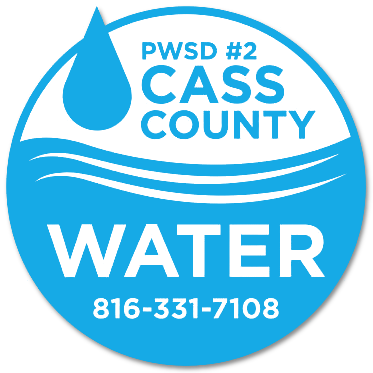To serve you better, we've assembled a list of our customers' most frequently asked questions. If you don't find your answer here, feel free to contact us.
How could I have used this much water?
You could possibly have a leaky toilet or faucet that's difficult to detect. Just call the office and we'll work with you to solve the problem. We now have "smart meters" that will allow us to pull the data of hourly usage for the past three months. This is very beneficial to the customer and the District when trying to determine what and when the high usage might have occurred.
What do I do if I am experiencing low pressure?
Call our office and report low pressure for your area. Check with your neighbors as well. It could be isolated to you only which could be the cause of a failing pressure regulator in your house. If this is the case you will need to contact a licensed plumber.
What are the most common leaks?
Most leaks are due to leaky toilets.
Other culprIts may be outside yard hydrants, leaking faucets or applicance close to a drain which may go unnoticed for some time.
Why is my water discolored?
A repair could have been completed recently allowing air to enter the line, causing the milky look. The District makes every attempt to notify you if work is scheduled to occur on your transmission line. In the case of emergencies, the District does not have advance notice therefore, If the problems continues, please contact the District office.
My water tastes, looks, and smells funny. Is it safe to drink?
All public water systems are required to maintain a minimum chlorine level of 0.2 mg/L (tested at the end of each line) by state law. Systems that use chloramine as a disinfectant must maintain a level of 0.5 mg/L by state law. Our disinfectant levels are tested regularly to ensure safety.
Why does debris come out of the faucet when running hot water?
Most likely your water heater needs to be flushed. CAUTION: Most manufacturers recommend hiring a professional to flush your water heater. If you plan on doing this yourself, read the owner's manual to keep from being hurt and or damaging the water heater.
Why do I have a previous balance when I know I sent in my payment?
We may have received it after the due date or we may not have received it at all. Call our office and we will help you solve the problem.

